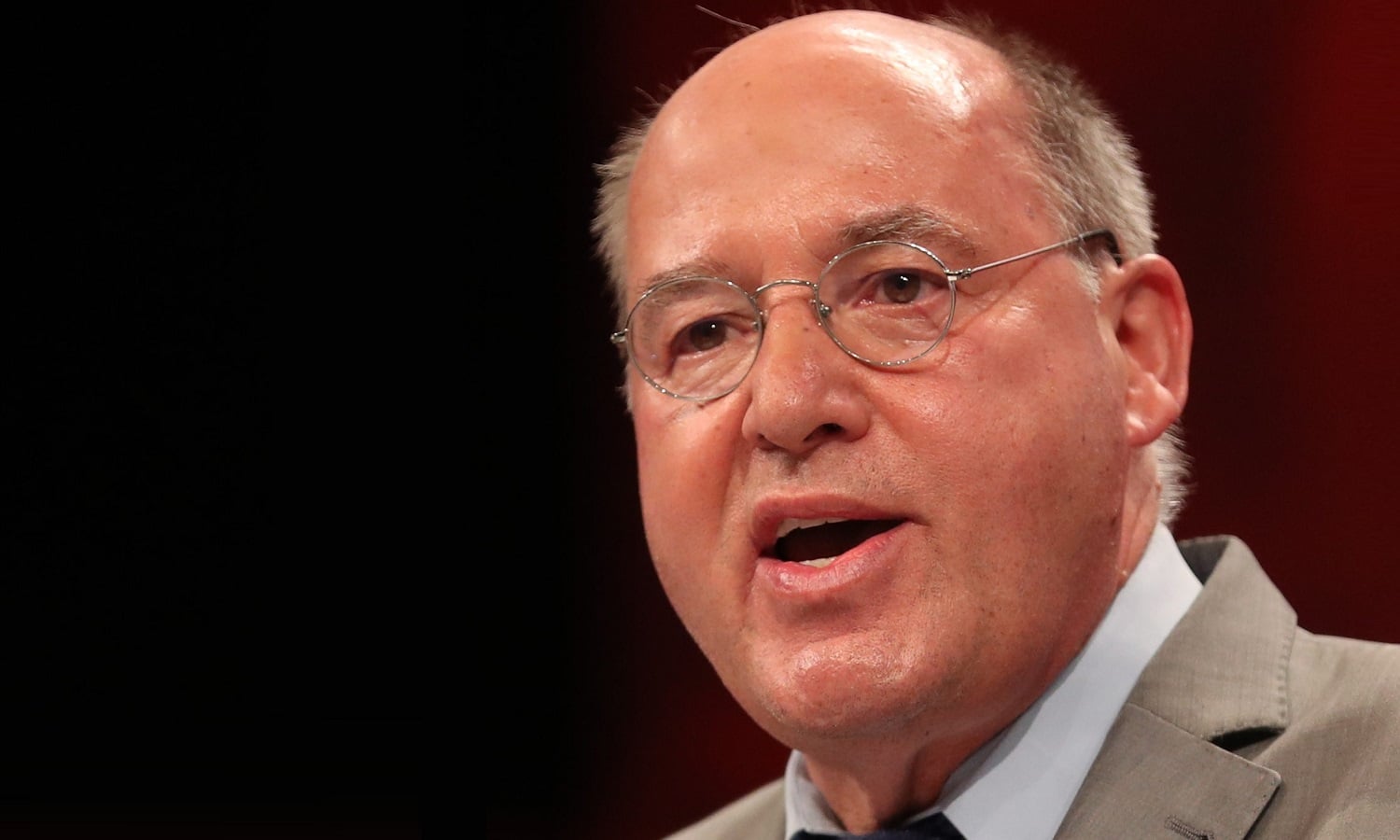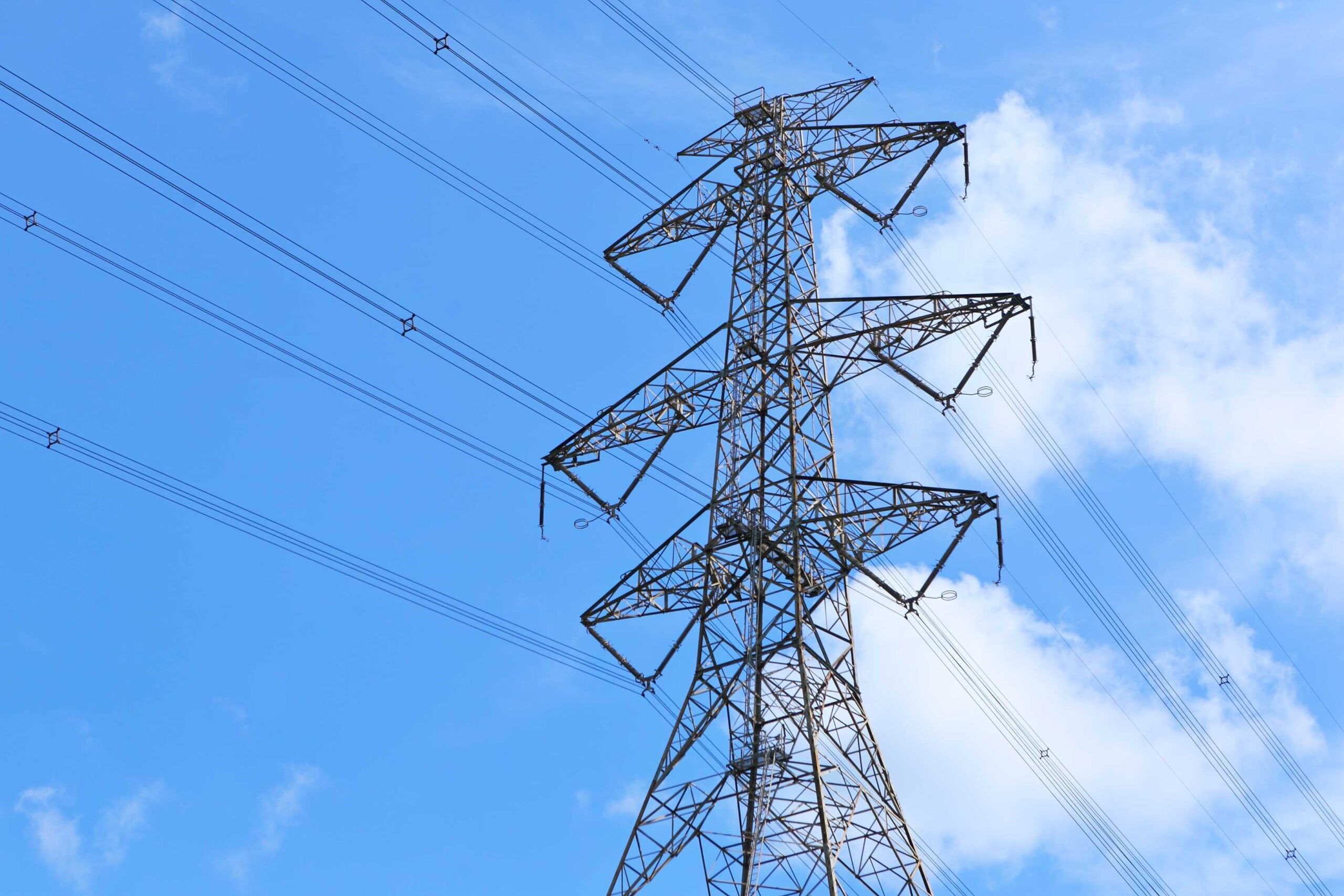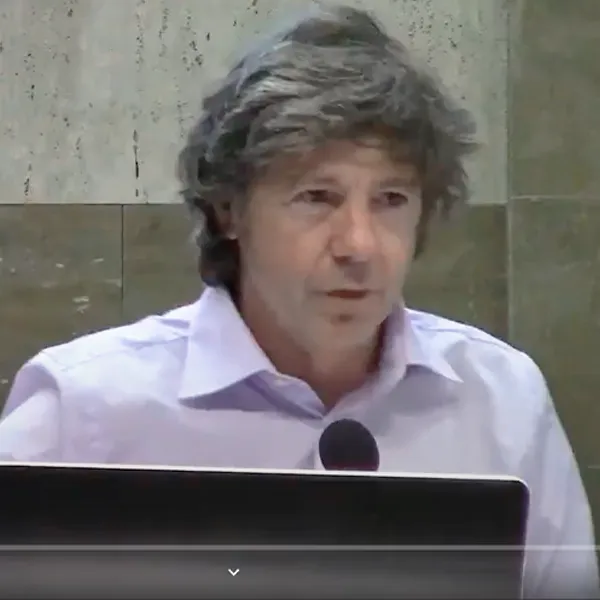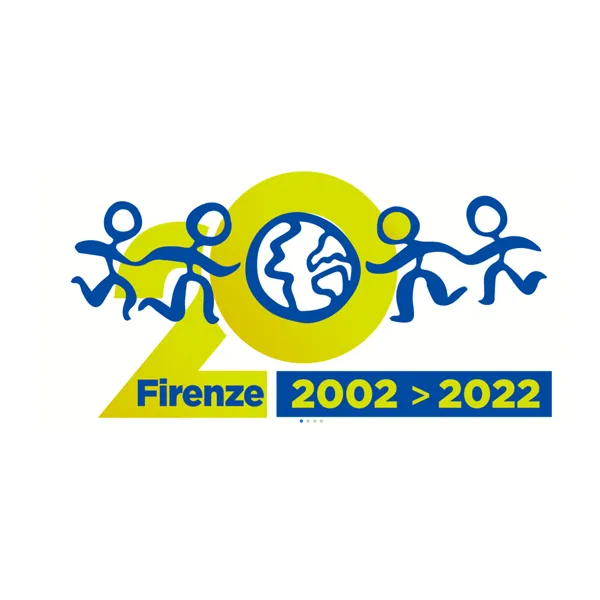Gregor Gysi is one of the most impressive political figures in Germany and a key name for the German Left (Die Linke). Gysi’s political career began in the late 1960s, when he became part of the Socialist Unity Party of Germany (SED). Later, during the pro-democratic transition, he was part of the reformist wing of the party, inspired by Mikhail Gorbachev. Gysi is also the last leader of the Marxist-Leninist SED, disbanded in 1989. For many years he was a member of parliament in the GDR and the Bundestag, and he has also been chairman of Die Linke party several times. Since 2017, Gregor Gysi has been chairman of the European Left Party.
Mr. Gysi, you have a long political experience and you are one of the key figures on the left in Germany. What was the biggest illusion in politics which you have had to break away from? What was the most painful thing in your political career?
The most painful thing was the hatred of my party and the hatred I personally faced in the first half of the 1990s, inside and outside of parliament. Then I decided to follow one basic principle – never to hate back. It required a lot of work and patience. The fact that today my party has a prime minister in one federal province, is part of the government in another two, and is now irreplaceable in the political life of Germany, makes me one idea more happy. Die Linke normalizes Germany in a European context, helping many of the political forces which stood to the left of Social Democracy to win positions.
After the difficult and exhausting early years of politics, I no longer had any illusions. I never thought it possible that the Social Democratic Party of Germany (SPD) could fall so hard and and for so long. It has lost more than half of its voters in the past 20 years.
What are the biggest challenges to the left and to German democracy today?
In Germany, Europe and the whole world today, we are experiencing a dramatic push to the right as a reaction to the economic and social shifts that have taken place through the neoliberal globalization based on financial markets.
This type of counter-reformation, led by Trump, Orban, Kurtz and company, is looking for salvation from this situation through extreme nationalist egoism and is not trying to change the fundamentals of globalization, but to keep the consequences of it far from its own borders. The left has to counteract precisely this development on the right. The left must turn itself into its counter-position. The left should show the prospect of hope and solidarity to the people. That is why the social divisions must be overcome. We need to make it clear that the social issue has become a human issue, the answer to which cannot be given within national frameworks, so we will have to create a transnational political counterpoint to the corporational and banking one.
How do you see the current development in your party? Sahra Wagenknecht and Oskar Lafontaine have redirected their strength to create the new Aufstehen (Rise up) movement. At the same time, Die Linke seems to be shattered.
Die Linke is a living party which, according to polls, is stable and has a growing number of party members and voters, and is visible and audible in Germany’s political struggles. It is always good when there are forms that allow people to participate politically without the need to join a party.
From the political experience I have, however, such projects have some chance if there is a corresponding movement in society that then gives an organizational form. Based on the above, with the pretence of showing the parties as things that have almost lost their relevance, it would rather be an intellectual creation. I am rather sceptical about this and the way it can offer a left-wing perspective.
The SPD is currently experiencing its biggest crisis, the party is split, and the logic and direction in which it is moving is unclear – if we can say these words about the merger with the Christian Democrats. It seems that after the Merkel era, Germany is a field without a political alternative. What has led to this situation?
In fact, Angela Merkel has always tried to suggest that her policy has no alternative. The fact that in three out of the last four elections, the SPD has joined a managerial alliance with the Christian Democratic Union and Christian Social Union, has further strengthened this impression because there is no competition between the various social programmes, and everything is sinking into the monotonous mess of the status quo.
In addition, from within all the governments ruled by Angela Merkel, there is a view according to which all of Europe should start moving towards Germany and its model of economic development that seeks to reduce social benefits, real wages and pensions. This policy has made the rich richer and the poor poorer, and at the same time has reduced the value of political and democratic engagement for many, as their care and needs are no longer articulated and taken into account in politics.
Why did the right-wing “Alternative for Germany” (AfD) steal a lot of left-wing votes? How do you explain this trend that is affecting not only Germany but Europe as a whole?
AfD won the votes of the CDU/CSU and the non-voting camp because, as a new party, they wanted to give the impression that AfD had nothing to do with the Merkel mould that covered the country. But this effect cannot last forever. The voter turnout for “Alternative for Germany” was favoured by the fact that the other parties, to a greater or lesser extent, participated in the fixation on the refugee issue and thus contributed to the interpretation of the AfD in the right sector of the public mainstream.
Many voters, including those who had voted for the left, hope that their vote for AfD will signal that politics must finally start doing what is now completely missing, namely to address their problems: affordable housing, intact stable schools, predictable and trustworthy lives, public security, secure and close medical care, decent wages and pensions. AfD does not have any of these things in its programme.
We must clearly emphasize that the law-breaking policy of seeking a scapegoat, which the AfD sees in the refugees, will not solve these problems. They will be resolved only with a dynamic social policy for people instead of a policy serving major corporations and banks. Five years ago Pope Francis wrote: “This economy kills.” This today is even more valid for those countries from which people are fleeing. We have to change that. We have to fight against the causes that create refugees and to reduce the number of refugees by preserving our values.
This year marks the 200th anniversary of Karl Marx’s birth. You wrote a book about Marx, whose title is “Marx and us: why we need a new idea for society today” (Marx und wir: Warum wir eine neue Gesellschaftsidee brauchen) As a liberation thinker, what should Marx tell us today?
It is precisely that the liberation of the individual is a prerequisite for the freedom of all. Neo-liberal capitalism, standing on the principles and laws described by Marx, makes people non-free, crushing them in precarious employment, depriving them of affordable housing, and practically subordinating all socio-economic relations to the needs of capital.
Marx, after all, did not simply write a study of 19th century English capitalism, but tried to analyze in depth what he called a capitalist mode of production. This does not exclude time-related shortcomings, but far exceeds a superficial description and gives a complex notion that no one should miss today if it has seriously understood the ways in which the capitalist economic order operates and the norms. Karl Marx’s vision of democratic socialism is not yet fulfilled in our world.











